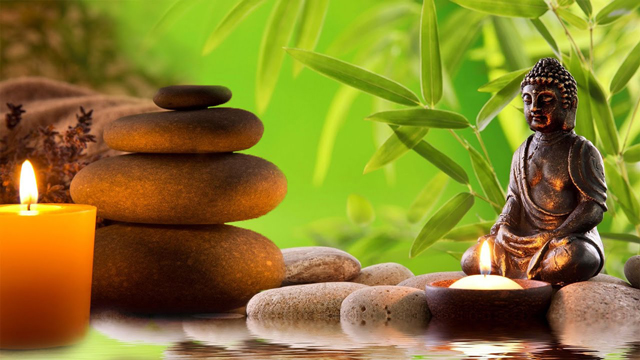According to statistics from the Moffitt Health Center at Southern Miss, more than 200 students have come to the center with seasonal allergies. Contextually, between 10 and 30 percent of United States citizens young and old have become victim to the springtime annoyances.
According to promotions coordinator Kayla Johnson, executive director and physician of over 20 years Melissa Roberts is the Moffitt Health Center’s allergen specialist.
Pollen allergies, scientifically referred to as “Seasonal Allergic Rhinitis” is characterized by paroxysms, a medical term for “violent bouts,” of sneezing, rhinorrhea. This calls for an excessive amount of mucus discharge and nasal obstruction often accompanied by itching of the eyes, nose, and palate. Postnasal drip, cough, irritability, and fatigue are other common symptoms.
Roberts said, “An allergy is a response of the immune system that causes a reaction to normally harmless substances called allergens. Allergy symptoms are caused by histamines that initiate an inflammatory response to protect the body. Pollen-related allergic reactions are strongest when the plants around you begin to bloom in spring.”
“I have minor allergies, so when the weather suddenly changes, I get sick like most people,” Molinda Shimp, junior interior design major, said. “It was worse when I was younger – as in I would be sick for at least a week every sudden season change.”
If plants are the culprit, some may suspect that sufferers should simply avoid the outside world and stay in their air-tight, safe rooms. Roberts does not agree, but she does recommend those affected to minimize exposure to their allergen triggers by staying indoors whenever possible and keeping car windows closed.
For those looking for a solution to their minor or severe allergies, Johnson recommends an over-the- counter antihistamine like Zyrtec, Claritin or Allegra.
“Allergy season tends to be a very unpleasant surprise like finding out your ex is going to be your co-worker on your first day at your dream job,” junior nursing major Joshua Robinson said. “You can’t just leave. You have things to do, so I simply suffer in silence, quietly accepting that my day is going to be crap.”
Johnson also recommends Pollen. com as a source for extra information. Pollen.com has resources like a forecast for pollen counts and a map of the United States that gives allergen statistics by city. According to Pollen.com, Hattiesburg’s top allergens include oak, grasses and juniper.
Johnson said the Moffitt Health Center does not currently test for allergies, but the Hattiesburg Clinic’s “Allergy Asthma and Immunology” branch tests for allergens.
































